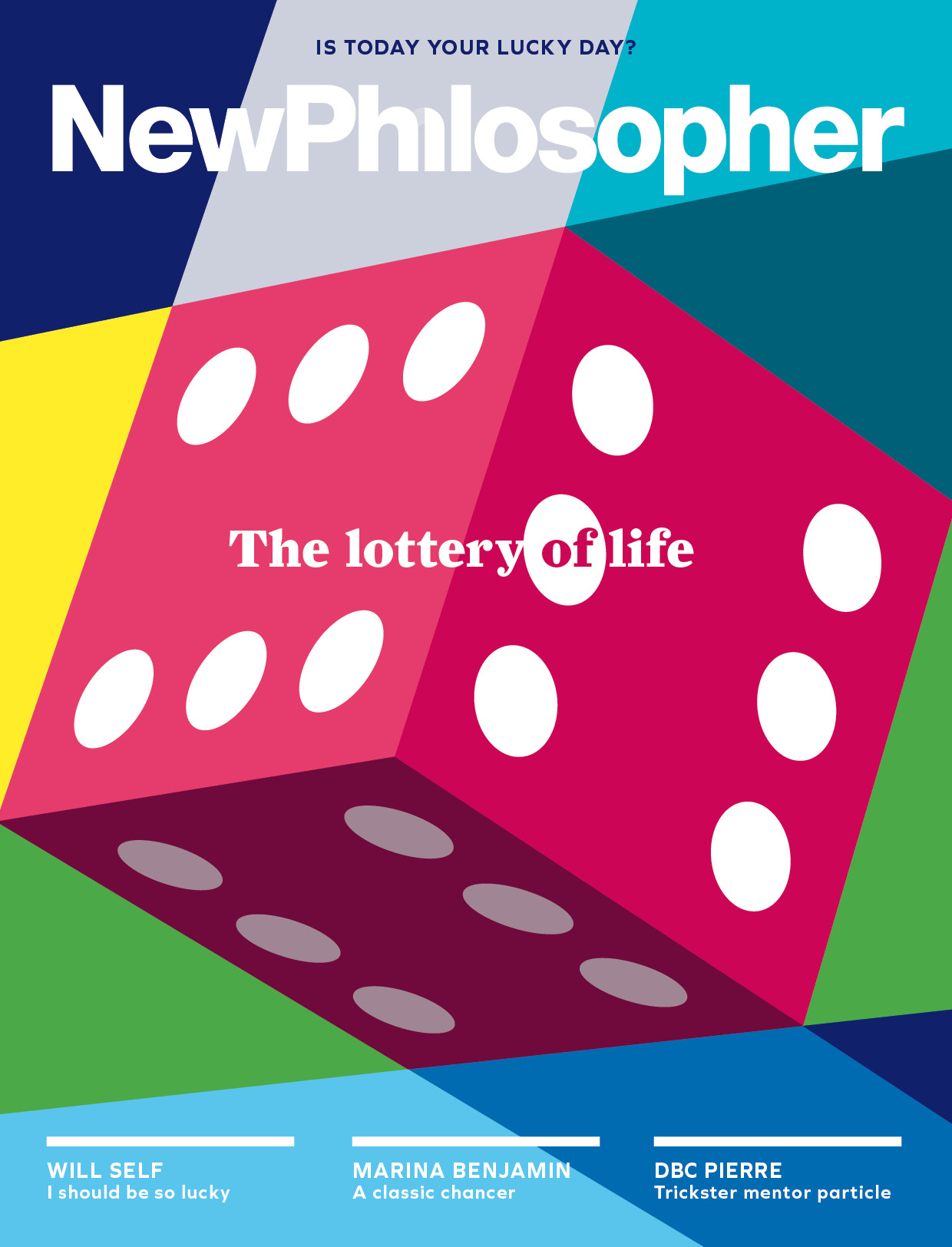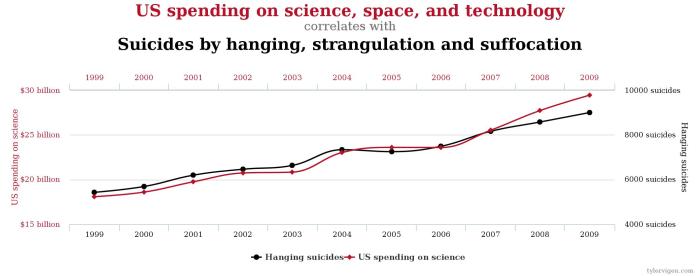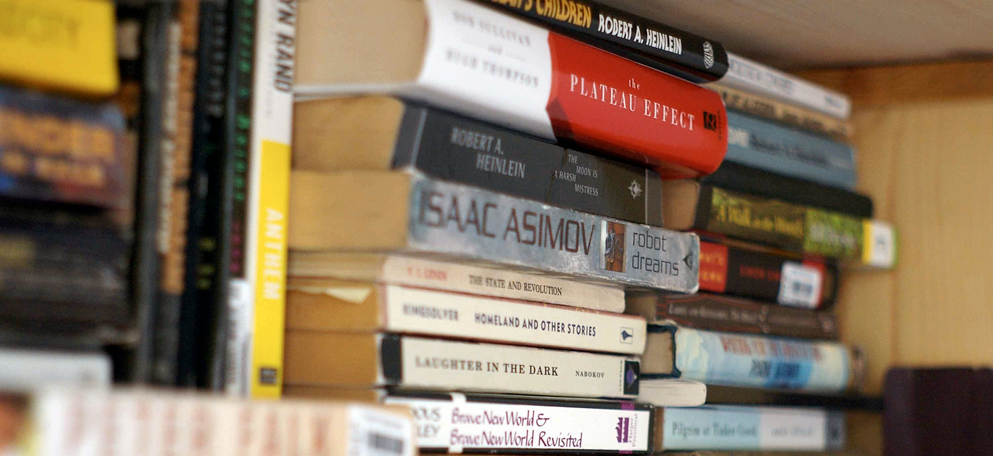
We're back again with another issue of New Philosopher, and it couldn't have come at a better time. I've recently made a foray into the lottery(I know - it's the idiot tax - but I'll write more about my reasoning later), and this issue has a lot to say about politicians, elections, and an overall outlook on life that is refreshing to remember. Let's jump in.
The democratic lottery starts us off right - Plate "thought that elected democracy would mean that those who were good at winning elections - and not particularly good at anything else - would become rulers, rather than those who were best suited for governing."(p 17) "By contract, ancient Athenian democracy used sortition - the random allotment of public office - as its primary tool of governance."(p 17) I think random sortition is fascinating - just think what policy would look like if you had someone who was a janitor as a mayor. Think of how many governmental programs would be more equal in their distribution of handouts - and favoritism. You'd also ger a ruler with empathy - or at least a governmental structure overall - that had compassion for all. "Like all men in Babylon" says the narrator, "I have been proconsul; like all, a slave. I have also known omnipotence, opprobrium, imprisonment."(p 17 - The Lottery in Babylon)
"Fear? What has a mean to do with fear? Chance rules our lives, and the future is all unknown. Best live as we may, from day to day." - Sophocles (p 18)
There are some great examples of causation vs. correlation - which Mark reminded me of the other day - and was further hammered home here. For instance - per capita consumption of beef correlates with deaths caused by lightning. The above graph appears in this issue as well. Food for thought.

"Affluent children, according to Luthar, stake their claim on becoming extraordinary in some way - or at least 'achieving' something in life such as wealth, fame, success in a career, and so forth. They are unlikely to say: "If I'm a good person, a good mother or friend, then I'm happy." But success, fame, stellar grades, scholarships, accolades, and so on, are not entirely under one's control. Amidst the uncertainty, fear breeds. They are living in a constant state of tension says Luthar. "If I don't achieve, who will I be?"(p 24) This just reminds me of my cousins - who tried to start a clothing company, make it big in Hollywood - be famous. All because their parents did - and I never thought of it as them fearing they wouldn't live up to their parents. It makes much more sense now - and I hope they can find happiness in that. I hope to live move by that statement in bold.
Blind luck writes about the luck we get for the socio-economic class, race, gender, etc that we are born into. bell hooks asks in her book Teaching Community "If you were about to die and had the chance to come back in another life as one of four possible identities - a white male, a white female, a black male, or a black female - which would you choose?"(p 45). Unsurprisingly(does this mean I'm jaded) - the answer comes back with white male most picked - and black female least picked - even irrespective of gender or race. It really is blind luck to have been born a white male - and to have all the opportunities that come with it. The opportunities aren't guaranteed to me - but at least I have them. The list of chances I have vs say a black male are different in this current system. They shouldn't be - but they are. "... look at your life. How far do you consider your success to be the result of talent and effort rather than good fortune - and how far are your failures due to circumstances rather than fault. If you're like most people, you will tend to emphasize the role of skill and choice when things go well, and the role of luck when things go badly."(p 46) All in all this is a fascinating article - which went a surprising direction. I'll close with this - "To claim that racism no longer really shapes out opportunities is to claim that historical circumstances have been transcended, or at least put firmly in their place by rational effort. Is this a credible claim, either on the individual, or societal level? Probably not."(p 46)
Mathematically I do love the notion that you are likely to experience a one-in-a-million stroke of luck in the next two weeks. But you have no control over what that experience is. People try to choose what their one-in-a-million lucky break is - but that's not the way the world works. Over the next 35 days - I wonder what my one-in-a-million shot will be? I feel like I'm very lucky - and get to experience like that all the time - or I have low standards on what a stroke of luck is.
"The idea that success in life might be little more than sheer luck invalidates much of what we are told from an early age."(p 64) I don't think you can make your own luck - but I do think you can make your own opportunity to experience luck. If you stay in a brick room for days on end - without any other interaction with yourself - your opportunity for luck is diminished. I think you have to be willing to accept that a lot of your fortune is luck - and to find yourself in a time and place where luck strikes. Again, I don't think you can find it - I think you have to make yourself available for it to find you.
"What Lem loves to shove in our faces is this fact: our limited little synthetic a priori minds cannot prevent themselves from reasoning by induction on the basis of observed or assumed irregularities. That's it. There's nothing more to luck than that: when a contingent event upsets an assumed 'field' or regularity in a fortuitous fashion we label this 'good luck'; whereas when one such puts the kibosh on us, it's nothing but 'bad luck'."(p 79) To put it in scientific terms - definitely. I'll also add this - "When asked what the strangest human phenomenon was, Siddhartha Guatama replied: that while anyone may die at any moment, everyone behaves as if they'll live forever."(p 80)
"Aristotle's approach, which included the recognition that luck has a significant part to play in whether you have led a morally good life, including the luck of whether you have a reasonable standard of living, and luck about how you have been brought up and the habits you have developed."(p 86) I think we should be more mindful of luck - the luck that brought someone to where they are - both good and bad types.
Why is everyone looking at screens all the time? poses the simple question. And I think it had a lot of good answers. "...our world is being build around screens more and more. We use them to speak to loved ones, do business, read 'books', and pretty much anything else you can imagine. So the time we used to spend on a bunch of different activities can now all be done on one device."(p 88) "I think, ideally we should use screens only when we're actively choosing to do so, not as a result of unthinking habits."(p 88) This all makes sense - and yes - I definitely think we need to being back the intention to the screens. Look at them only when you want to intently - not out of reflex.
"Ultimately, ethics is about the things we should be unwilling to do and the people we should be unwilling to become; no matter the costs. It's also a reflection of the fact that people are defined by more than their ability to live pleasurable lives - they're also able to live meaningful and valuable ones."(p 89)
"... an observer of an actual coin flip often bases his guesses on the history of coin flips that preceded it, as if the coin keeps a memory of its own landing. This systematic error is known as the 'gambler's fallacy'; it has been the downfall of many a high roller."(p 126) I started this quote wanting to liken it to the stock market - but I truly don't think it applies. Stock prices are not coin flips - what happened yesterday(or in the last flip) does matter for tomorrow(or the next flip). I do however agree that people fall into this so often with slot machines - and I can totally see how gambling problems happen.
Simon Longstaff had some amazing answers in his Q & A - here are a couple:
What do you doubt most? The existence of a 'moral economy' in which 'the just' prosper and 'the wicked' suffer.
If you could change one thing about the world, what would that be? I would try to loosen the human need for absolute certainty and the resulting persistence of totalitarianism in all of its forms - e.g. religion, politics, etc.
What illusion do you suffer from? That I know what I am doing.
What is your demon? The need to be right.
What would you never do, no matter the price/ Lie to myself.
The wuestion you'd most like to ask others? Do you believe that humans can be genuinely altruistic.
What is your motto? "The unexamined life is not worth living" - borrowed from Socrates.
What is the meaning of life? Human beings have the capacity to transcend the demands of instinct and desire in order to make conscious, ethical choices. It seems to me that realizing and exercising this capacity is the point of our form of life, and that this requires humans to accept - and live with - an ineradicable degree of uncertainty.
Let's end there - with the unique answers and insight of Simon Longstaff.
<< click to go back
© JKloor 2016 Books
